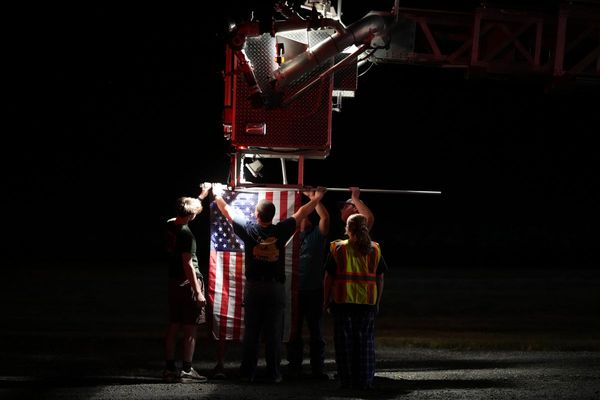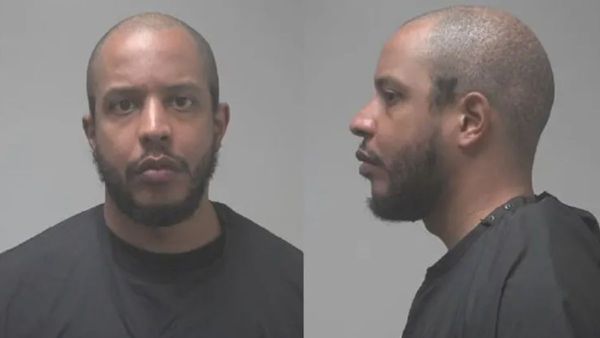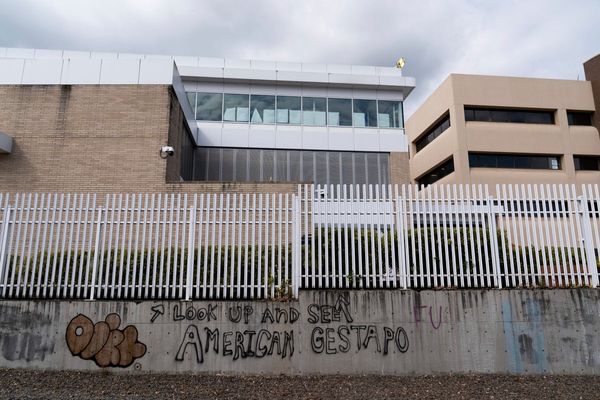
The recent Supreme Court decision granting broad immunity to former President Donald Trump has sparked discussions about the implications for future presidents and their advisers. The 6-3 decision, which received criticism from liberal justices and President Joe Biden, emphasized the need to empower presidents to make decisive decisions without the fear of criminal prosecution.
However, the ruling does not extend legal protection to the president's advisers and staff, potentially creating a dilemma for those carrying out presidential directives. This imbalance could complicate relationships within the executive branch and raise concerns about accountability for illegal actions.
Chief Justice John Roberts, writing for the conservative wing of the court, outlined the scope of presidential immunity, distinguishing between official and unofficial actions. The decision focused solely on the president, leaving advisers vulnerable to legal consequences.



Legal experts have raised concerns about the implications of the ruling on pending cases involving former administration aides. Some aides, including Jeffrey Clark and Mark Meadows, are facing charges related to their roles in challenging election results. They may seek to leverage the expanded immunity around the presidency in their defense.
The dissenting liberal justices expressed concerns about the potential abuse of presidential power, particularly in scenarios involving military orders. While military personnel are obligated to reject illegal orders, the interpretation of legality can be complex.
The Defense Department has not conducted a formal review of the decision's impact on military operations. Pentagon officials emphasized the availability of legal counsel to advise military leaders on the legal implications of orders.
Despite limited legal protections, advisers to the president retain influence through mechanisms such as high-profile resignations. Past instances, such as the threat of mass resignations in the Justice Department, have deterred presidential overreach.
Ultimately, the Supreme Court's decision underscores the delicate balance between presidential authority and accountability, raising important questions about the limits of executive immunity and the role of advisers in upholding the rule of law.







